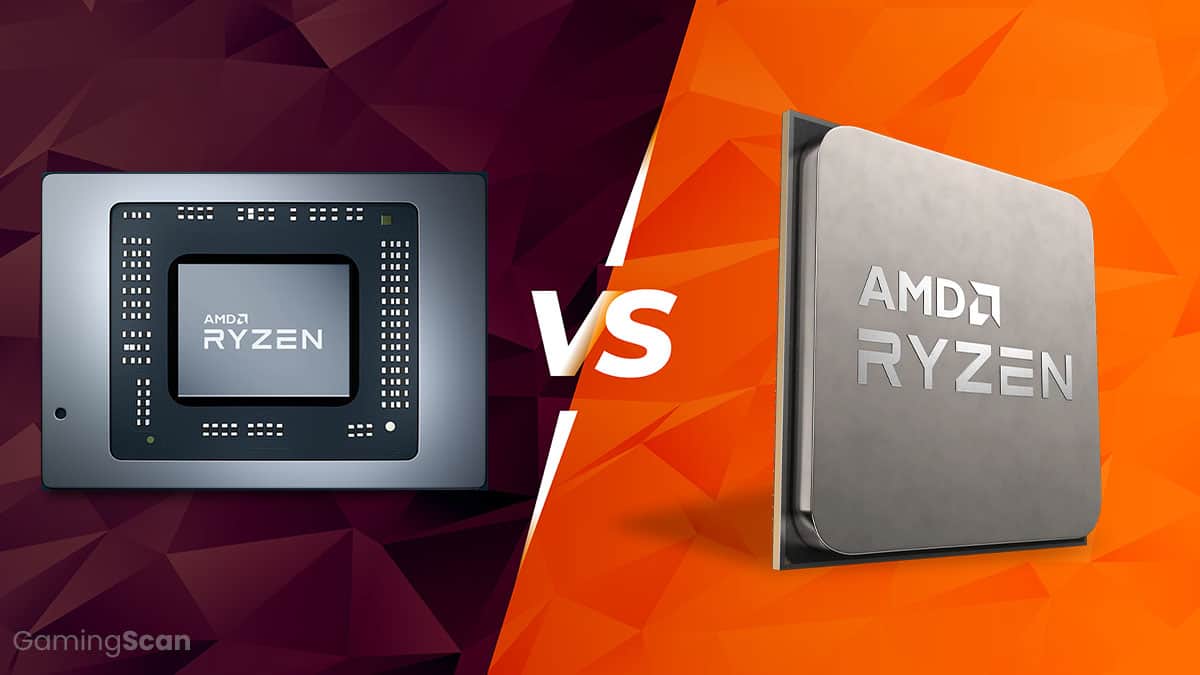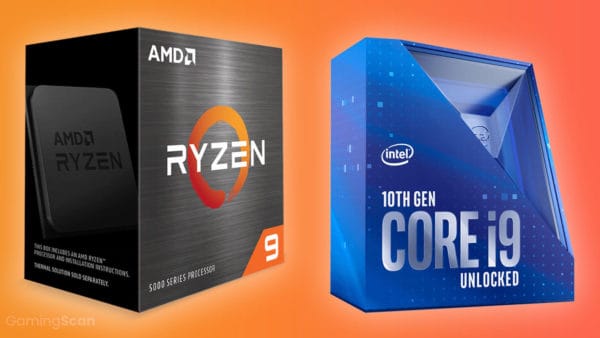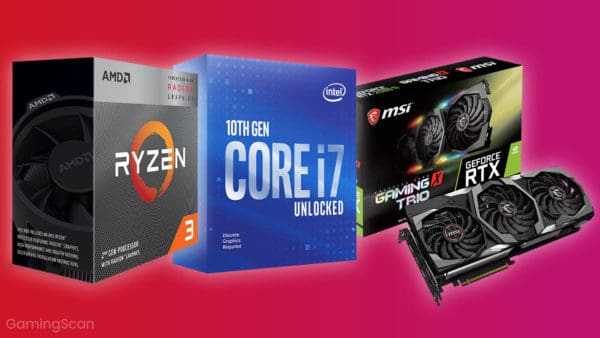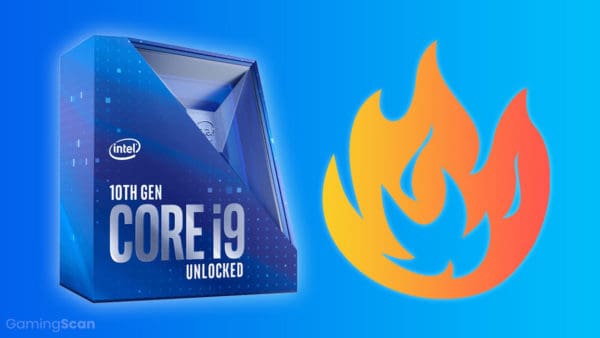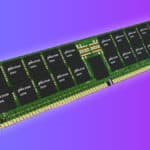Answer:
Mobile CPUs are found in laptops and are often slower than their desktop counterparts because they have to be more power-efficient and generate less heat.
High power consumption and high heat generation can be a problem for a battery-powered laptop with a relatively small chassis.
If you’re a PC gamer, chances are you’ve thought about getting yourself a gaming laptop at some point or are thinking about it right now. After all, it’s easy to see why the idea of a gaming laptop would be so appealing: all the power of a gaming PC crammed into a single, portable device that you could carry around with you.
Sadly, though, the truth is that gaming laptops just can’t quite match gaming PCs in terms of performance, as convenient as they may be because of their portability. This is due to several reasons, one of which is the fact that gaming laptops commonly come with mobile CPUs.
So, how do mobile CPUs differ from desktop CPUs? That’s precisely what we’ll go over in this article, so read on!
Table of ContentsShow
How Are Mobile CPUs Different?
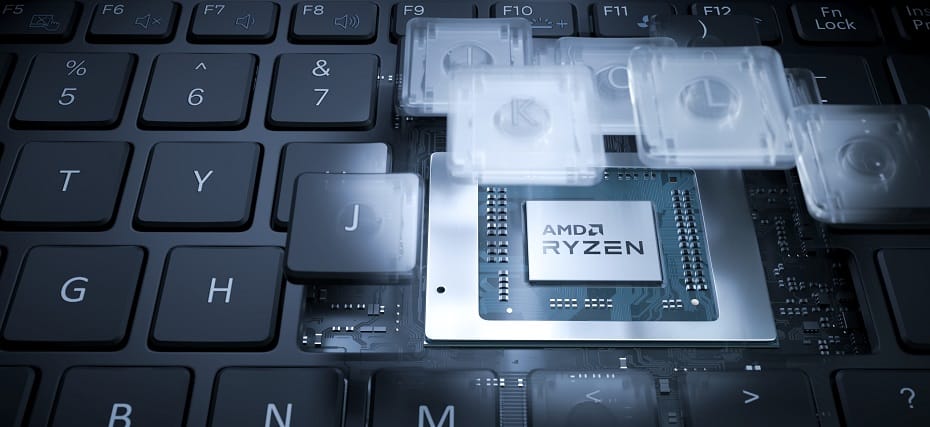
Since they are designed for laptops, mobile CPUs have to take into account several important factors that aren’t as big of an issue when it comes to desktop CPUs.
First and foremost, mobile CPUs have to prioritize power efficiency over raw performance. Since a laptop is a battery-powered device that won’t be hooked up to a power source all of the time, a mobile CPU can’t afford to burn through power as fast as a desktop CPU could.
Second, there’s also the matter of cooling. Seeing as how manufacturers have to cram an entire PC’s worth of hardware into a relatively small chassis, heat dissipation is a much slower process here than in a spacious computer case with multiple large fans and significantly larger heatsinks.
So, with that in mind, mobile CPUs usually have fewer cores, as well as significantly lower base clock speeds and TDP, all so that the CPU would have a lower power draw and so that it would generate less heat.
Of course, this doesn’t apply to every single mobile CPU out there, as some more powerful models can indeed come close to desktop CPUs in terms of performance. For example, Intel mobile CPUs that come with the “H” letter designation at the end of their model number are high-performance models, whereas those designated with a “U” or a “Y” are low power and ultra low power variants, respectively.
Should You Use A Laptop For Gaming?
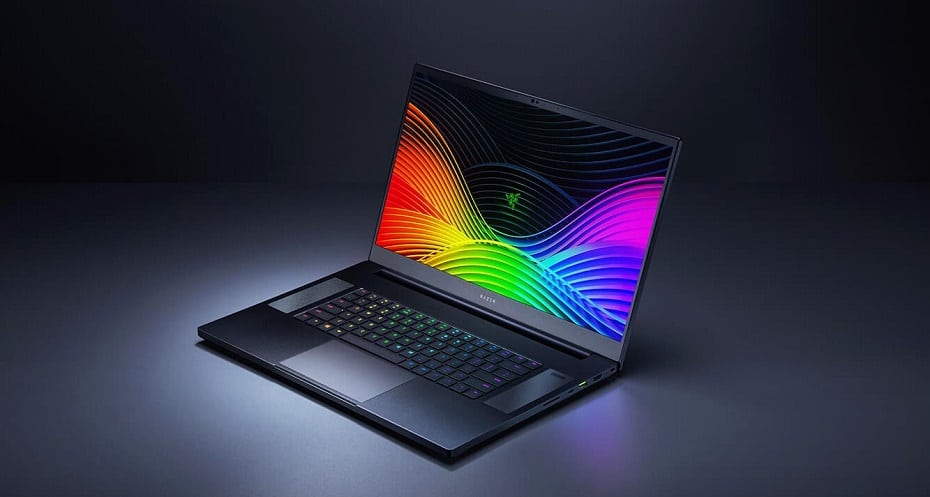
This leads us to the next question: are gaming laptops even worth it?
Well, laptops do lag behind desktops in terms of overall performance, there’s no doubt about that. Their CPUs and GPUs are often underpowered for the sake of improving power efficiency and heat dissipation, but they make up for this shortcoming in another way.
Namely, as mentioned in the introduction, laptops have the advantage of portability. Even though gaming laptops are among the bulkiest laptops that you’ll encounter today, they are obviously way more portable than a desktop PC is.
Moreover, there is a way to offset their shortcomings in a number of ways.
When it comes to the cooling, airflow can be improved with the use of a cooling pad and by offloading the graphics processing to an external graphics card, as this would reduce internal heat generation and offer better GPU performance. Plus, if you would prefer gaming on a larger screen, hooking the laptop up to an external display is always an option.
That said, a gaming laptop is still a great pick for those who need the portability that a desktop PC cannot provide. It’s just that a gaming laptop would be more expensive overall and a desktop would offer better value, as you’d be getting better performance for less money.
Conclusion
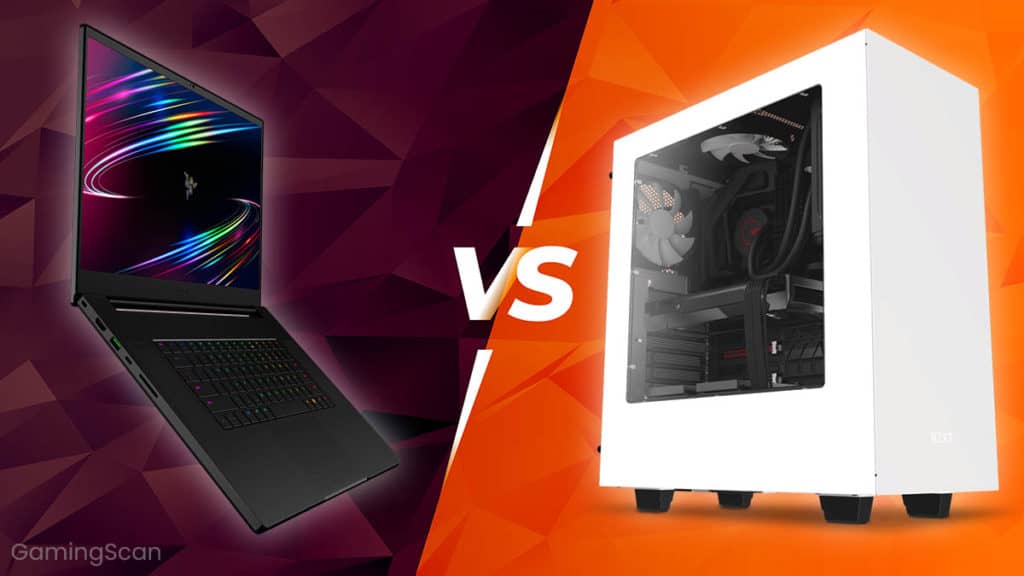
So, all in all, a mobile CPU is essentially just an underpowered version of a desktop CPU, often featuring fewer cores, lower base clock speeds, and lower TDP, all so that it could make the battery charge last longer and reduce the heat buildup inside the chassis.
If you’re thinking about getting a gaming laptop and would be fine with the drawbacks, we suggest checking out our selection of the best gaming laptops of 2024. If not, and you’re thinking about a desktop PC instead, then one of our many PC builds is bound to suit both your needs and your budget!
